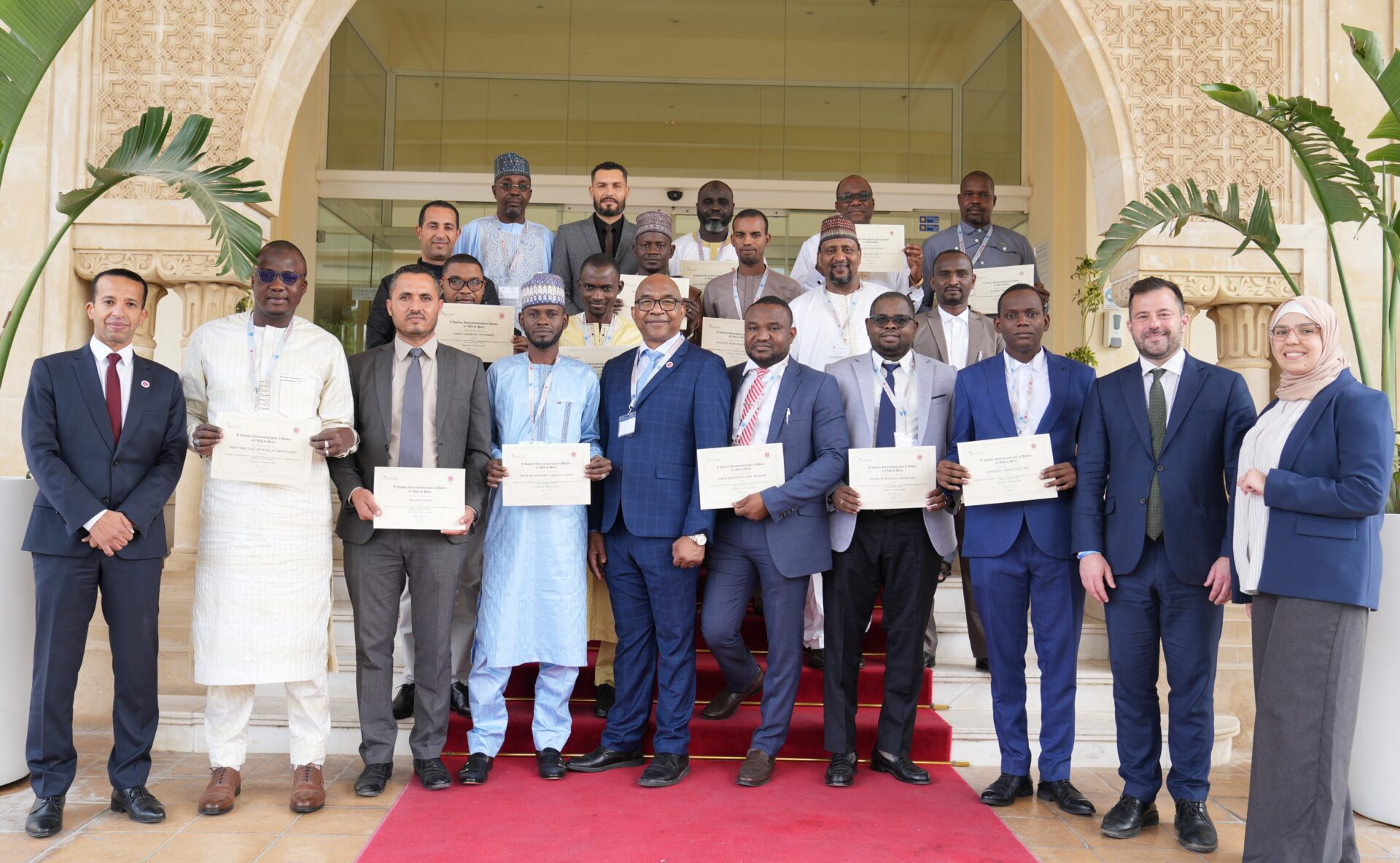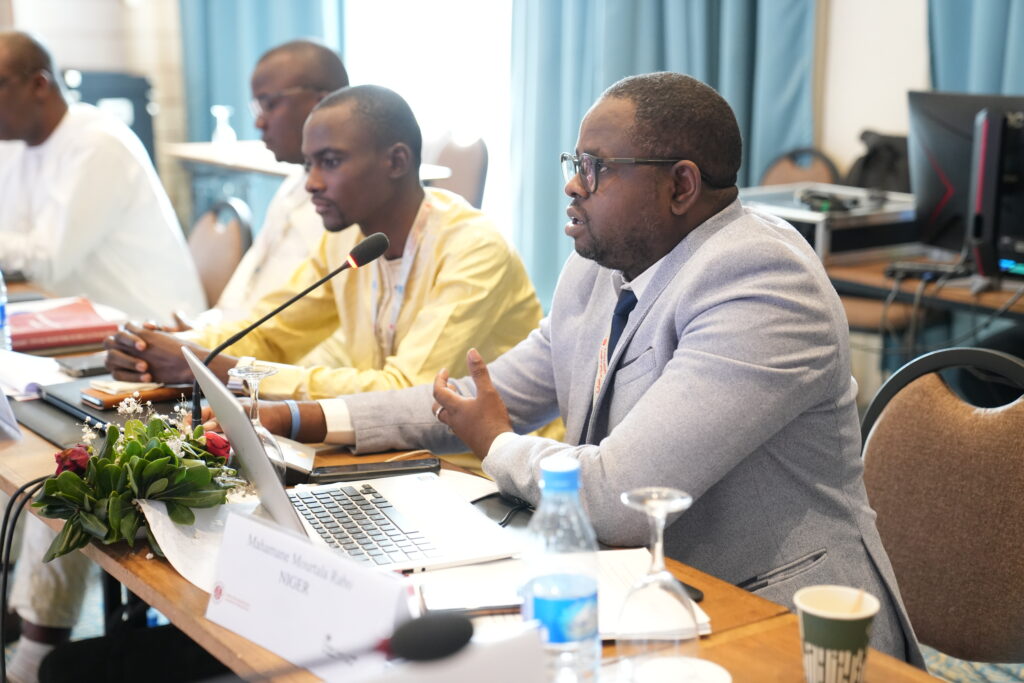
The IIJ Academic Unit successfully delivered the in-person component of the Counter-Terrorism Academic Curriculum (CTAC) programme for Nigerien justice practitioners from 24 to 28 February 2025 in Hammamet, Tunisia. Building on the knowledge gained during the online component, this intensive, hands-on in-person course further equipped investigators, prosecutors, and investigative judges with the practical skills necessary to handle complex terrorism cases effectively.
Throughout the week, participants engaged in discussions and exercises focusing on coordinating investigations, particularly after a terrorist attack, as well as knowledge on weapons, improvised explosives, and electronic evidence. The CTC provided invaluable insights into the complexities of handling such cases, with one participant stating, "The knowledge gained from this training will provide a solid approach to handling future judicial cases." Special attention was given to witness protection and inter-agency collaboration, which participants identified as crucial to improving the efficiency of terrorism-related investigations.

The training also reinforced participants' understanding of international standards, including the Palermo Convention, the Convention against Torture, and the UN Convention on Transnational Organised Crime. Additionally, discussions on the collection, use, and exchange of evidence underscored the importance of human rights compliance in counterterrorism efforts. Many participants expressed increased confidence in applying these principles in their professional practice.
As the programme concluded, participants highlighted areas for further development, such as rehabilitation of returnees, crime scene management in terrorism cases, and enhanced witness protection mechanisms. Some also emphasized the need for more practical training on weapons tracing, interrogation techniques, and mastering IT tools for evidence collection.
The success of this in-person session reaffirms the IIJ's commitment to strengthening judicial responses to terrorism while promoting human rights-compliant practices in counterterrorism investigations.
